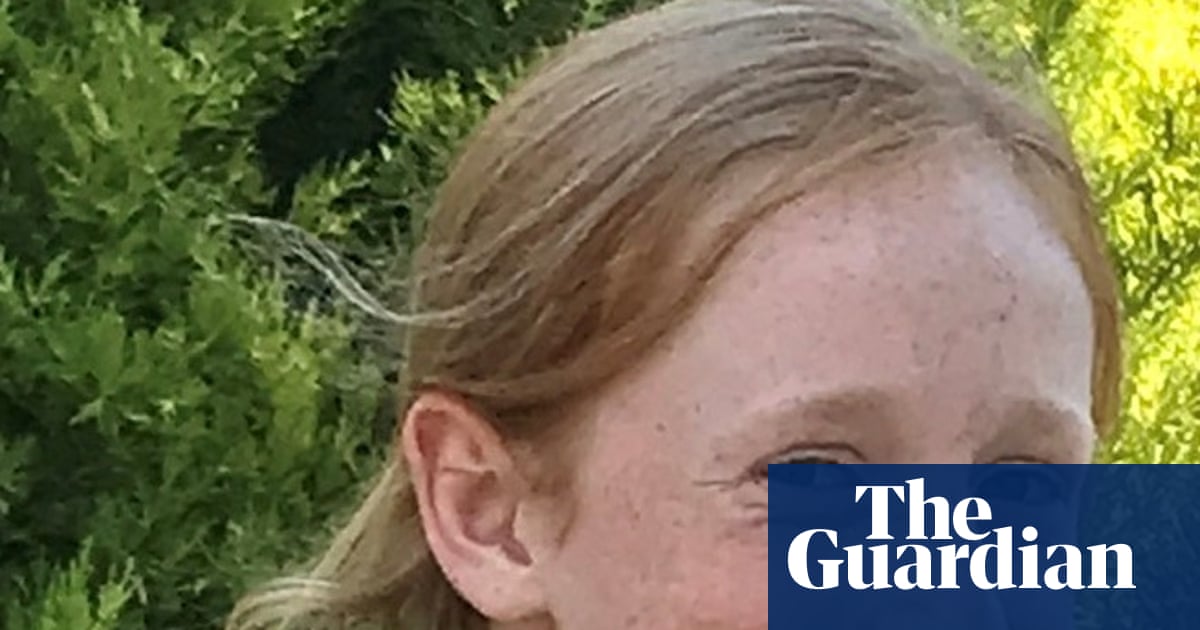
"When the van door opened at the other end, the stark building loomed over us. We were met and escorted up a flight of stairs and through the double, air-locked, doors, one slamming closed behind us, the person with the keys waiting for the first lock to click before opening the next. This was a sealed unit, devoid of natural light, my eyes aching already from the harsh glare overhead."
"Ruth's hand slipped into mine, head down as they told me it was time for me to go. But I haven't settled her into her room or met any of the staff yet, was met with: Parents aren't allowed on the ward. I asked again, and they conceded I could see her room, just once, but then I had to leave immediately. It was hospital policy."
A family transported their trusting teenage daughter, Ruth, from a local hospital to Thames Ward at Huntercombe hospital in Berkshire. The unit was sealed, air-locked, and lacked natural light, described as a goldfish bowl. Parents were barred from staying; visits were limited to one hour twice a week and staff rotated hourly observers. Ruth sat terrified in a small room with a single bed and non-opening windows while the parent was ushered out. The enforced separation caused lasting trauma for the parent. Ruth Szymankiewicz later died on 14 February 2022 in paediatric intensive care at John Radcliffe hospital in Oxford.
Read at www.theguardian.com
Unable to calculate read time
Collection
[
|
...
]